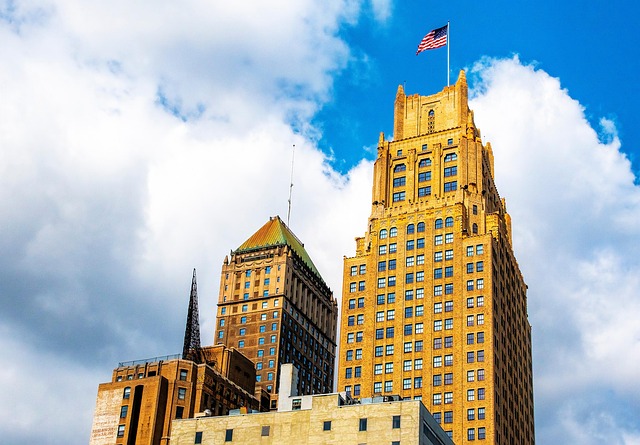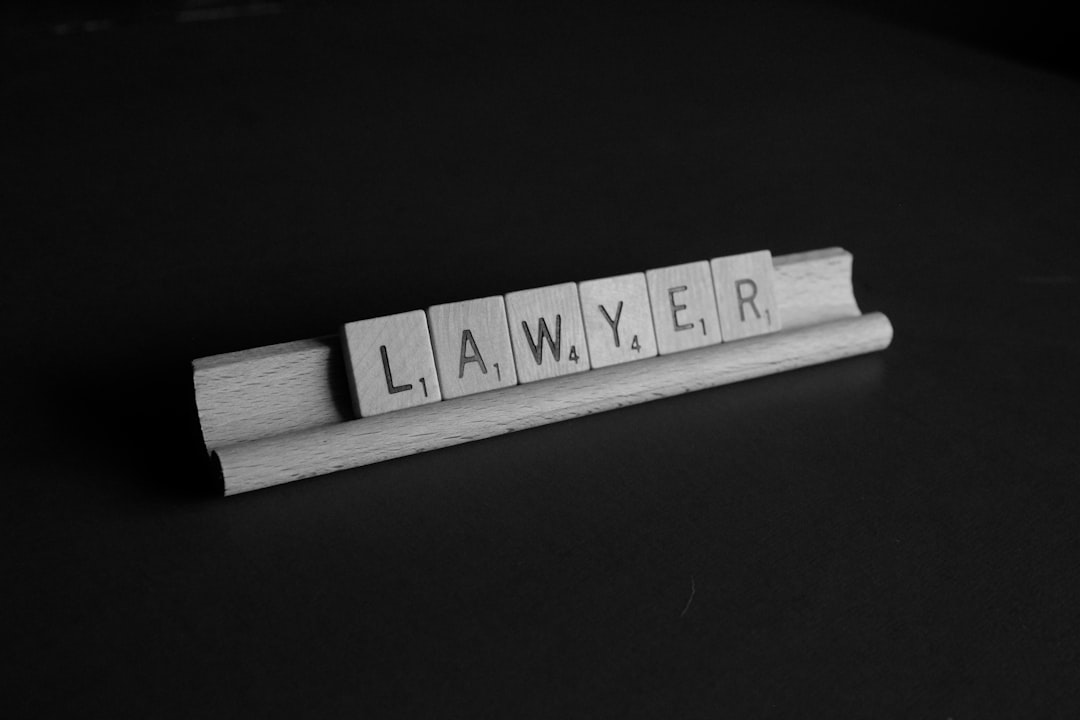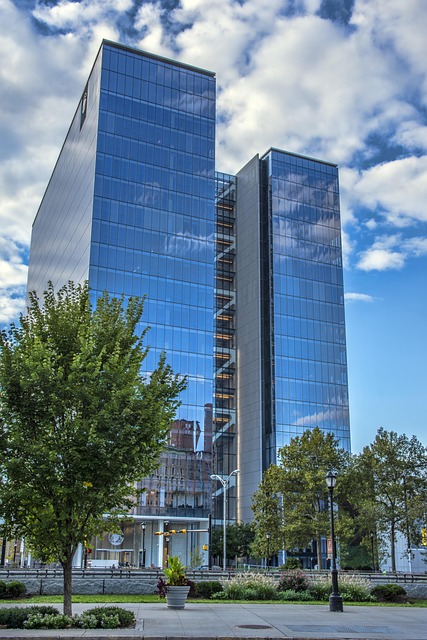Newark, NJ prioritizes child protection with strict laws and regular inspections for daycare centers. Daycares are mandated to provide specialized training in child development, behavior management, and prevention of child sexual assault. Legal support from Newark's child sexual assault lawyers assists victims and their families. The city offers counseling, safe spaces, and after-school programs while advocating for prevention through education and background checks.
In Newark, New Jersey, addressing child abuse in daycare centers is a multifaceted effort. This city has implemented stringent child protection laws, including strict regulations for daycare operators and staff. With the help of dedicated professionals and support systems, Newark takes a proactive approach to prevent abuse and provide resources for survivors. From comprehensive staff training to innovative prevention strategies, this city serves as an example for how communities can protect their youngest members. For those seeking legal assistance regarding child sexual assault, Newark’s robust network offers specialized services.
Understanding Newark's Child Protection Laws

Newark, NJ, like many cities, takes child protection seriously. The city has stringent laws in place to prevent and address child abuse, including specific regulations for daycare centers. These laws are designed to ensure a safe environment for children under care and include strict guidelines on reporting suspicious activities and conducting thorough background checks on staff members.
In terms of legal protections, Newark residents have access to resources like child sexual assault lawyers Newark NJ who specialize in navigating these complex issues. The city’s commitment to safeguarding its youngest citizens is evident through proactive measures, such as regular inspections of daycare facilities, training programs for caregivers, and an accessible reporting system for any incidents or concerns related to child abuse.
The Role of Daycare Staff and Training

The fight against child abuse, especially in daycare settings, relies heavily on the vigilance and expertise of staff members. In Newark, NJ, daycares are required to implement stringent training programs that educate caregivers on recognizing potential signs of abuse, neglect, or exploitation. These programs often include modules on child development, behavior management, and most crucially, prevention of child sexual assault. Staff members learn to create safe environments, foster positive interactions between children, and report any suspicious activities or concerns to the appropriate authorities.
Daycare staff are not just caregivers; they become the eyes and ears in a child’s life, playing a vital role in safeguarding them from harm. Regular training sessions update them on the latest techniques, laws, and protocols related to child protection, ensuring that Newark’s daycare centers maintain high standards and act swiftly when necessary. This proactive approach not only protects children but also ensures peace of mind for parents, knowing their children are in capable and caring hands. For instances where abuse is suspected or confirmed, experienced child sexual assault lawyers in Newark NJ can provide legal support to victims and their families.
Support Systems for Survivors and Prevention Strategies

In addition to legal repercussions, Newark, NJ has implemented robust support systems for survivors of child abuse within daycare centers. These include specialized counseling services, safe spaces, and after-school programs aimed at fostering healing and providing a protective environment. The city’s approach also emphasizes prevention through education, training staff on recognizing signs of abuse and implementing rigorous background check protocols for all employees.
Child sexual assault lawyers in Newark NJ play a vital role in this ecosystem by advocating for survivors, ensuring they receive the justice they deserve, and contributing to the broader discourse on child safety. They collaborate with local authorities, healthcare providers, and community organizations to develop comprehensive strategies that not only address past traumas but also work proactively to prevent future incidents.






